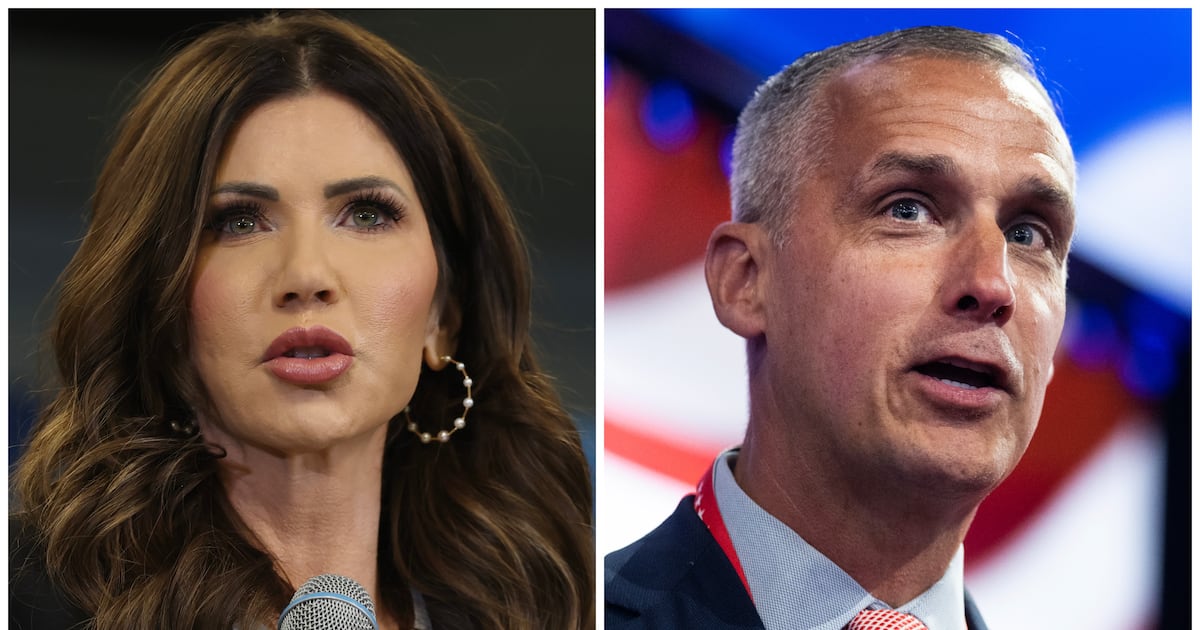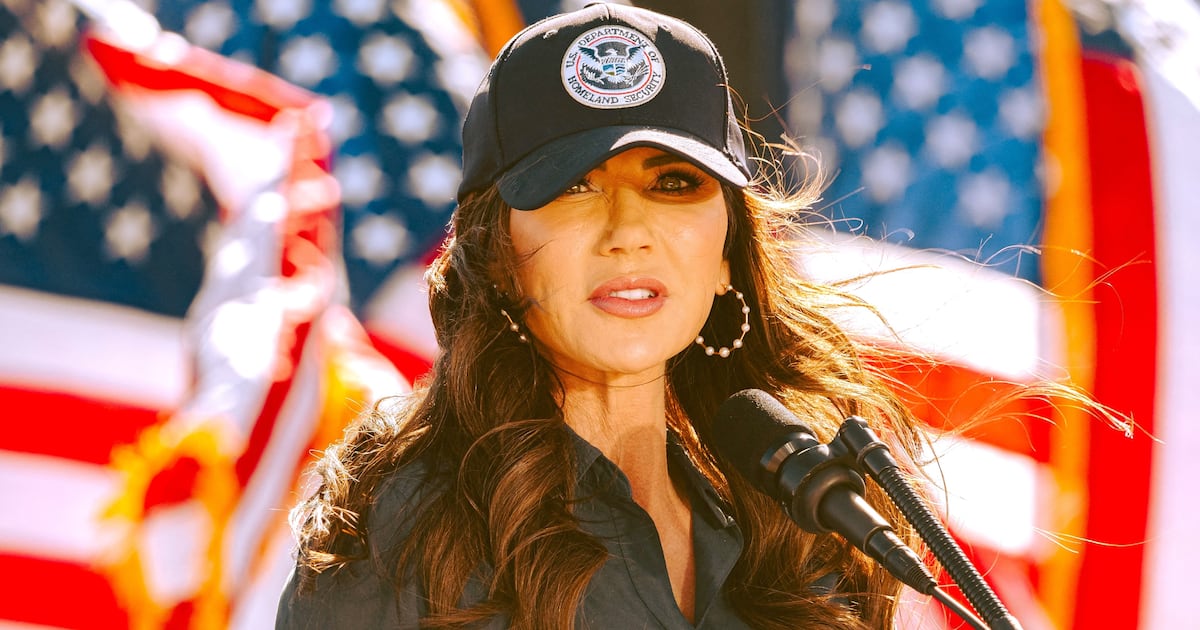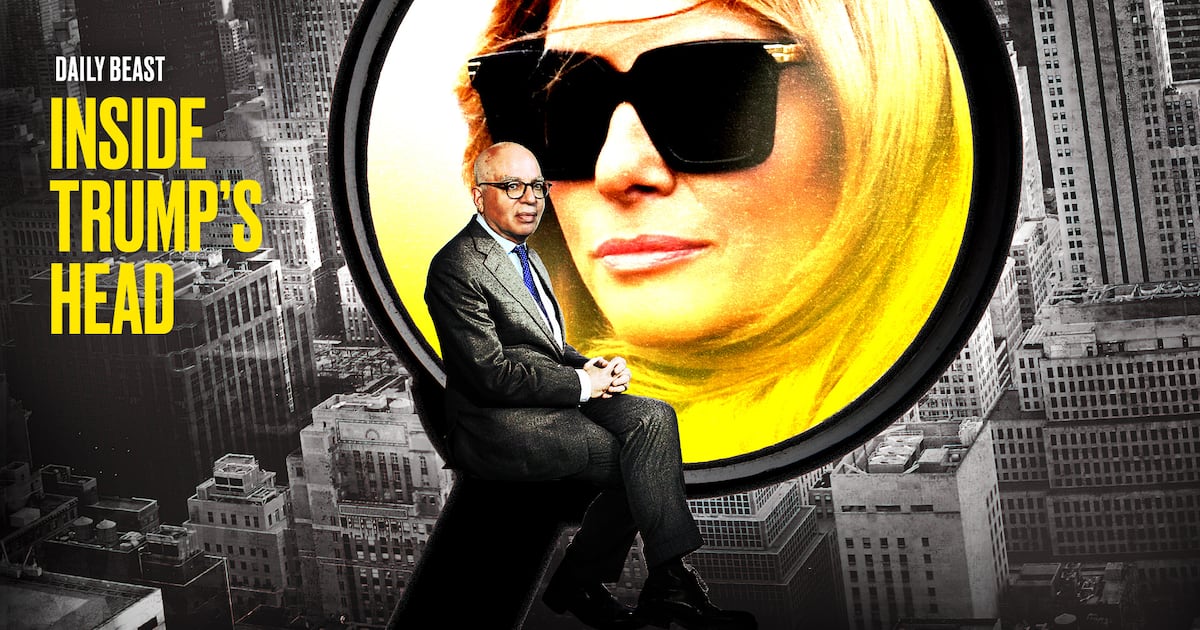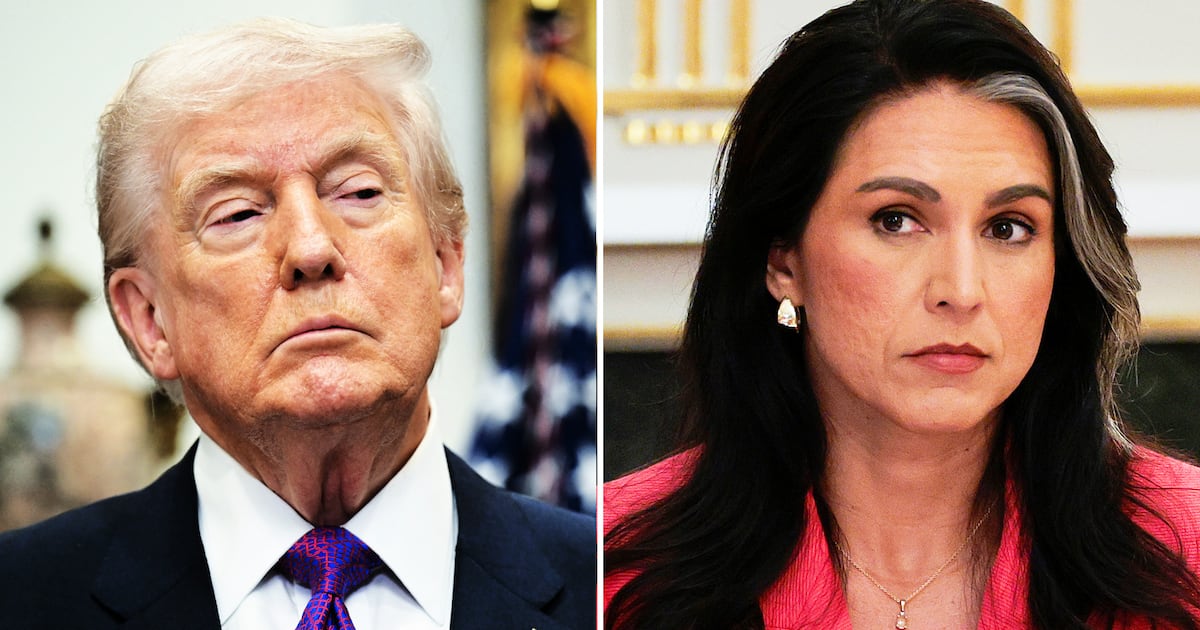Carl Icahn, 80 years old and worth around $16.5 billion by Forbes’ estimates, owns stakes in companies in every sector of the economy, from Hertz to Netflix, and is infamous for CNBC appearances that move stock prices as other investors trade his sentiments.
That game that the president-elect plays with companies like Boeing on Twitter? Icahn is its master. It’s called “talking your book,” and is now what big companies can expect when dealing with the federal government.
Icahn, one of Trump’s earliest supporters and an adviser to the transition since day one is now Trump’s special adviser on regulatory reform. Icahn already helped put an adversary of the Environmental Protection Agency in charge of the agency, and he’ll now reportedly help pick the new head of the Securities and Exchange Commission.
Both Icahn and Trump believe that U.S. businesses are being strangled by taxes and regulations. Relief from both, we’ve been told for years, is what corporate America craves.
But there’s going to be a tradeoff. The rules may slacken, but disputes are likely to play out in public. As a shareholder activist, Icahn has done this for decades.
Icahn will buy a stake in a company like Apple, for example, and then publicly demand that management return some of the tech giant’s cash to shareholders in the form of a special dividend. Or he’ll take a stake in eBay and agitate for the sale of PayPal.
With Icahn, discussions generally held in closed boardrooms are often continued on cable financial news. Corporate executives find themselves under pressure not only from Icahn but from other shareholders and the larger public.
On Twitter, Trump has used the Icahn playbook against United Technologies Corporation and Boeing, while praising the chief executive of Softbank, a Japanese private equity firm. More recently, he publicly called executives at companies involved in the F-35 fighter jet manufacture to his Mar-a-Lago resort to discuss pricing. Companies don’t know when or if the gaze of the president-elect will fall on them, just like they don’t know in advance when Icahn might make a move on their stock.
The element of surprise is part of the game. A theory of shareholder activism is that corporate managers will work harder to make sure that they don’t give somebody like Icahn an opening. Trump is hoping federal contractors will shape up in order to stay out of the Twitter feeds, except to be praised.
Icahn’s critics used to call him a greenmailer because he could drive up stock prices, forcing management to buy him out at a profit in order to make him go away.
Trump’s use of Twitter is a form of bluemail—please the president or find yourself in a public feud with the White House.
To hear Icahn tell it, he’s not just making money for himself and his shareholders, he’s a moral crusader who is fixing economic inefficiencies that harm people from billionaire investors to wage-collecting laborers.
In a 2014 CNBC interview with David Faber, Icahn said that unaccountable CEOs were responsible for unemployment:
“We have unemployment, which we shouldn't have. With the Fed—the Fed is out there doing everything they can, printing out money like crazy. Where you can borrow money at five percent or four percent,” he said. “And yet, we still have huge unemployment.”
For what it’s worth, the unemployment rate dropped about four percentage points—from 10 percent to 6 percent—in the four years before he made these comments, and continued falling in the two years thereafter.
Icahn had even mentioned, earlier in the interview, that wealth disparity, not typically a right wing topic of interest, was also the result of poor corporate governance. Like Trump, Icahn casts himself as a billionaire of the people, representing society against an executive leisure class that golfs and vacations as jobs burn.
This new environment might make businesses wish for the old system of Byzantine regulation, evenly applied. Activist tactics are inherently opportunistic.
Icahn spends most of his time talking about companies where he has influence. Icahn can defend Herbalife, for example, against charges of fraud from rival activist investor Bill Ackman, precisely because he owns so much Herbalife. Trump can get Carrier to keep a plant open in Indiana precisely because its parent company is a defense contractor.
With Trump and Icahn, businesses have new partners in government. Whether they’re wanted or not.






